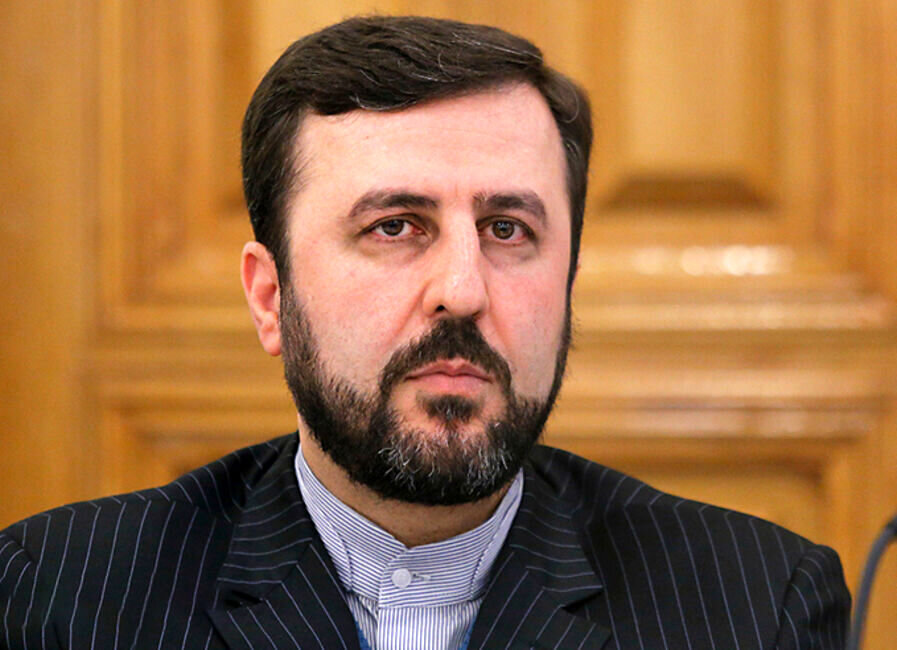Iran criticizes Western countries for granting immunity to MKO

TEHRAN- Iran's top human rights chief has blasted the Western countries for “granting immunity” to the terrorist anti-Iran Mujahedin-e-Khalq Organization (MKO) despite the group's lengthy history of murder and atrocities against the Iranian people.
Kazem Gharibabadi, secretary of Iran’s High Council for Human Rights, wrote a letter to UN Secretary General Antonio Guterres on Tuesday slamming Western nations for providing impunity to the terrorist group.
He also sent letters to the UN high commissioner for human rights, and the UN Human Rights Council, as well as the presidents of the European Council, Commission, and European Parliament in this regard.
Gharibabadi said that the group is responsible for the majority of the assassinations that have targeted the Iranian people since the Islamic Revolution in 1979.
“In order to introduce the MKO, it suffices to say that their top priority and the main basis of performance [relies on] assassination and murdering the individuals, who do not adhere to the same ideas as they [themselves],” the letter read.
The MKO has a long history of killings and bombings against Iran's government and people. The notorious group took sides with the former Iraqi despot Saddam Hussein during his war against Iran in the 1980s-.
Since the Islamic Revolution's victory in 1979, approximately 12,000 out of almost 17,000 Iranians have lost their lives in terrorist attacks who have fallen victim to the MKO’s acts of terror.
Western countries, led by the United States, have, on the other hand, removed the organization off their terror blacklists.
Every year, the organization hosts opulent conferences in Paris, with some American, Western, and Saudi Arabian figures serving as honorary guests. Former U.S. National Security Advisor John Bolton, former U.S. President Donald Trump's personal lawyer Rudy Giuliani, former Canadian Prime Minister Stephen Harper, and former Saudi spy chief Turki al-Faisal are among those who have spoken in favor of the cultish-terrorist group in annual meetings.
Gharibabadi chastised certain European leaders for providing safe havens for the organization, allowing it to establish offices and even letting its members attend government and parliament sessions.
The support, he regretted, has emboldened “the murderous and dangerous organization’s ringleaders to [even] introduce themselves as human rights supporters.”
“This dual perspective of the issue of human rights” and support for a group, which has the blood of thousands of Iranians on its hands “is not acceptable under any circumstances,” the letter said.
Finally, it encouraged the United Nations and the European Union to prohibit the MKO's members from freely moving between European countries and internationally, and to hold them accountable for their atrocities.
